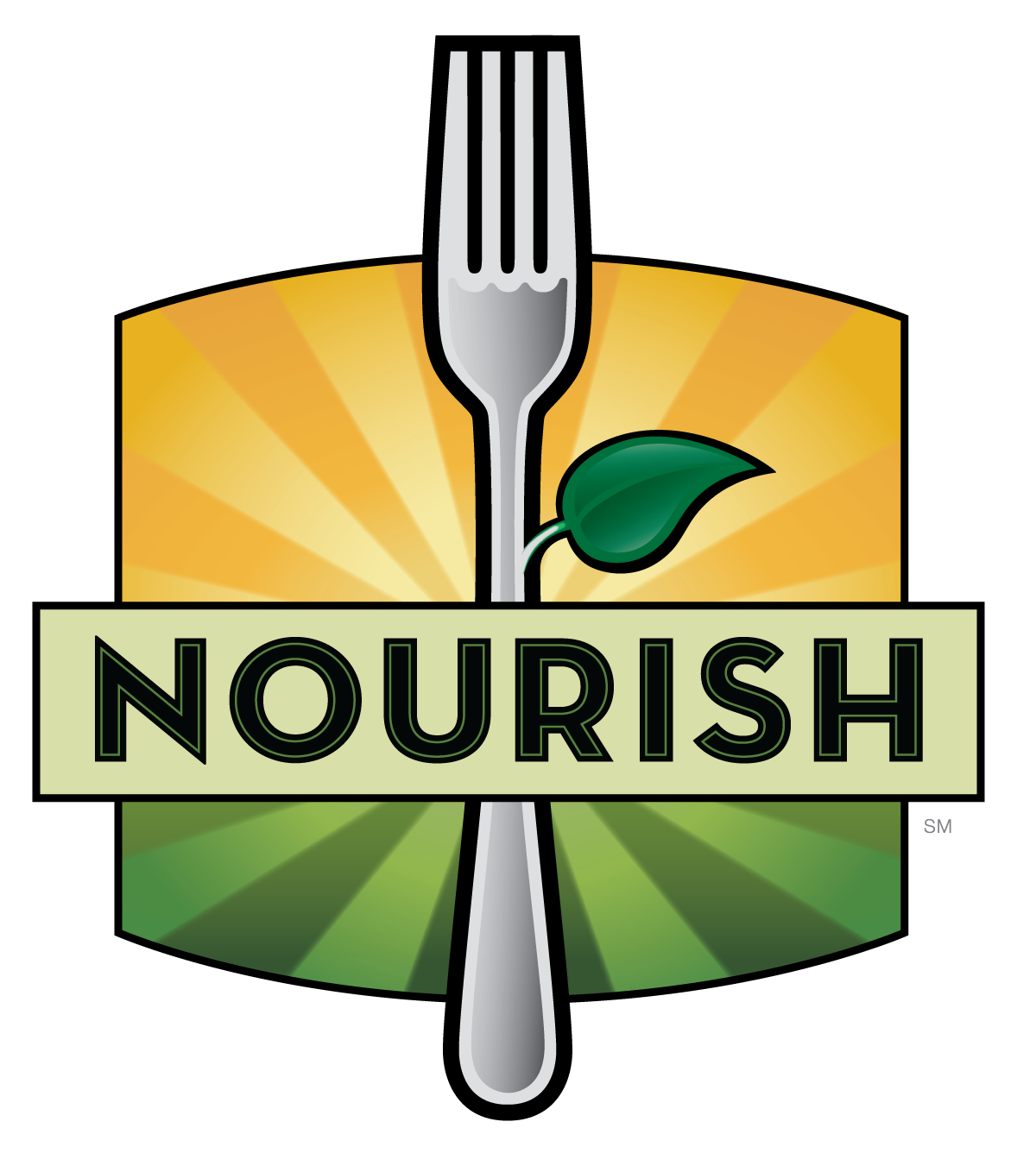Eating isn’t just a matter of taste, it’s a vital journey through a dense jungle of nutrients, vitamins, and choices. Today, more than ever, we are barraged with diet trends, superfood recommendations, and an ongoing debate about what constitutes the “perfect diet.” It’s easy to get lost in the nutritional underbrush. Yet understanding the essentials of a healthy diet remains critical as it can forestall chronic diseases, enhance mood, and boost overall vitality.
The path to nutritional wisdom is not guarded by a single gatekeeper but requires sifting through a range of dietary insights. There is no one-size-fits-all when it comes to eating well. Our bodies are as diverse as the foods we consume, each demanding a unique nutritional blueprint to function optimally.
The Foundation of Balanced Eating
At the heart of healthy eating lies the principle of balance. It’s about ensuring that your plate reflects a harmony of macronutrients—proteins, fats, and carbohydrates—and is vibrant with a spectrum of vitamins and minerals. Emphasizing whole foods, like vegetables, fruits, whole grains, lean proteins, and healthy fats, lays the groundwork for a nutrient-dense diet that supports all bodily functions.
In recent years, diets high in plant-based foods have risen to the forefront, backed by research lauding their health benefits. These diets are not only rich in essential nutrients but also fiber, which is fantastic for digestive health and can help regulate blood sugar levels.
Nutrients: Beyond Just Vitamins and Minerals
Nutrients are often thought of in the context of vitamins and minerals alone. While these are crucial, other compounds in foods may also act as powerful allies to our health. Phytonutrients, which are found abundantly in plant foods, have antioxidant properties and can support the body in fighting inflammation. Similarly, prebiotics found in foods like garlic, onions, and bananas feed the friendly bacteria in our gut microbiome, an often overlooked aspect of nutrition that plays a significant part in overall health.
Debunking Dietary Myths
Amid the evolution of dietary trends, myths and misconceptions about certain foods and nutrients have taken root. For example, fat has long been villainized, but we now know certain types of fat are not only not harmful but are essential. Omega-3 fatty acids from sources like fish and flaxseeds can support heart health. Similarly, carbohydrates aren’t universally bad; it’s the type of carbohydrate that matters. Whole grains and complex carbs are beneficial, whereas refined sugars and grains can be detrimental to health.
Investing in Long-term Health through Nutrition
As the curtains close on our exploration, it’s clear that understanding and practicing healthy eating isn’t just a trend—it’s a lifelong commitment to supporting your body’s needs. Nutrition is not purely about weight management or aesthetics; it’s a crucial element of self-care that can elevate one’s quality of life.
Healthy eating habits can sometimes feel like threading your way through a thick forest of conflicting information. However, equipping yourself with the right tools of knowledge and self-awareness can chart a path to sustainable wellness. The true essence of nutritional wisdom lies in tuning into your body’s unique requirements, understanding the silent language of nutrients, and consciously making choices that nourish your body and mind, today and far into the future.
